Discover the reasons behind the higher price tags of ethical fashion. Explore the key factors that contribute to the increased cost and understand the value it brings. Dive into sustainability, fair labor practices, quality materials, and more.
Why Is Ethical Fashion More Expensive?
Introduction: The Value Behind the Price Tag
In recent years, ethical fashion has gained significant traction as consumers become more conscious about the impact of their clothing choices on the environment and the people involved in the supply chain. While ethical fashion comes with a higher price tag compared to conventional fast fashion, it is crucial to understand the reasons behind this price disparity. This blog post aims to shed light on the factors that contribute to the higher cost of ethical fashion and highlight its value in terms of sustainability, fair labor practices, quality materials, and more.
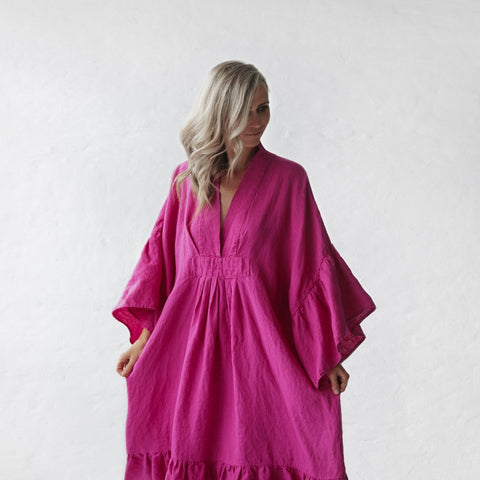
Factors Influencing the Cost of Ethical Fashion
Sustainability and Environmental Impact
Ethical fashion brands prioritize sustainability, which involves reducing their carbon footprint, minimizing waste, and using eco-friendly materials and production processes. These initiatives often require additional investments in sourcing organic or recycled fabrics, implementing energy-efficient manufacturing practices, and adopting responsible waste management systems. By considering the environmental impact, ethical fashion brands incur higher costs compared to conventional counterparts.
Sustainability is a core pillar of ethical fashion, as it addresses the environmental consequences of clothing production. Ethical fashion brands take proactive measures to reduce their ecological footprint, such as using organic cotton, recycled materials, and low-impact dyes. Additionally, they may implement energy-efficient practices in their factories, invest in renewable energy sources, and adopt circular economy principles. While these sustainable choices contribute to a healthier planet, they also lead to higher production costs, which are reflected in the price of ethical fashion items.
Fair Labor Practices and Worker Welfare
Ethical fashion brands prioritize fair labor practices, ensuring that workers involved in the production process are treated fairly and receive fair wages. This commitment often involves working with factories that provide safe working conditions, regular employment contracts, and fair compensation. Implementing such standards incurs higher costs for ethical fashion brands compared to those that rely on sweatshop labor and exploitative practices.
Ethical fashion places a strong emphasis on worker welfare and the eradication of labor exploitation. By partnering with factories that provide safe and humane working conditions, ethical brands ensure the well-being of their workers. Fair labor practices involve paying fair wages, offering benefits, and promoting equal opportunities. These commitments come at a price, as ethical fashion brands often invest in audits, certifications, and ongoing monitoring systems to ensure compliance. The additional expenses incurred contribute to the higher prices of ethical fashion items.
Quality Materials and Craftsmanship
Ethical fashion brands prioritize quality materials and craftsmanship, which enhance the durability and longevity of their products. By sourcing premium fabrics, engaging skilled artisans, and maintaining high production standards, ethical brands ensure that their garments are made to last. However, these superior materials and craftsmanship come at a higher cost compared to the mass-produced, low-quality items commonly found in fast fashion.
Ethical fashion rejects the disposable nature of fast fashion and places a strong emphasis on quality. By selecting premium materials and engaging skilled artisans, ethical brands create garments that are durable and designed to withstand the test of time. The use of high-quality materials, such as organic cotton or sustainably sourced fibers, incurs higher costs during the production process. Moreover, the involvement of skilled craftsmen and artisans who meticulously create each garment contributes to the increased price of ethical fashion items.
Conclusion: The Value of Ethical Fashion
In conclusion, the higher price of ethical fashion is justified by the value it offers in terms of sustainability, fair labor practices, and quality craftsmanship. By prioritizing sustainable production methods, ethical fashion brands contribute to a healthier environment and a reduced carbon footprint. Moreover, they uphold fair labor practices, ensuring the well-being of workers throughout the supply chain. The use of quality materials and craftsmanship guarantees long-lasting garments that promote conscious consumerism. While ethical fashion may be more expensive, it allows consumers to make a positive impact on the world through their clothing choices.
→ Find which ETHICAL FASHION BRANDS we love & promote at Velvety!

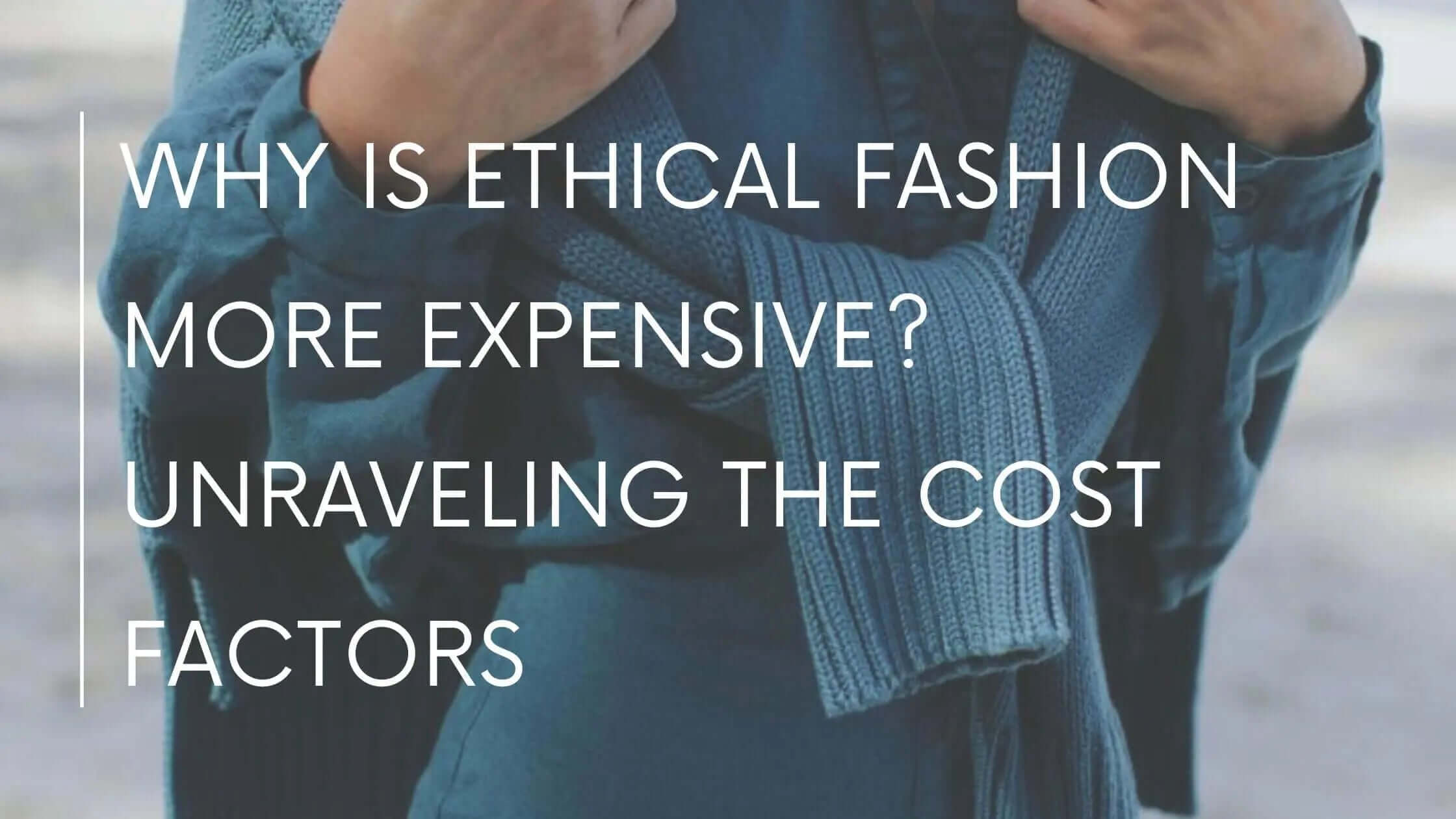
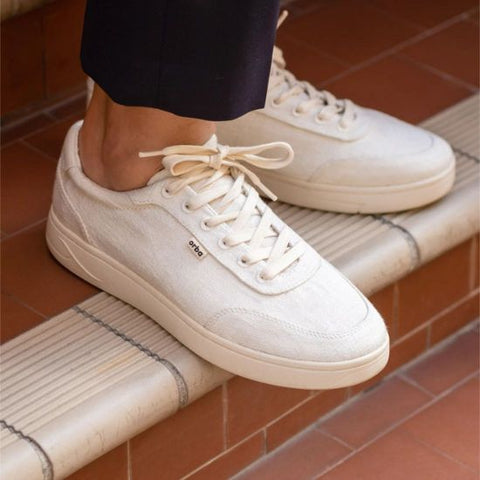
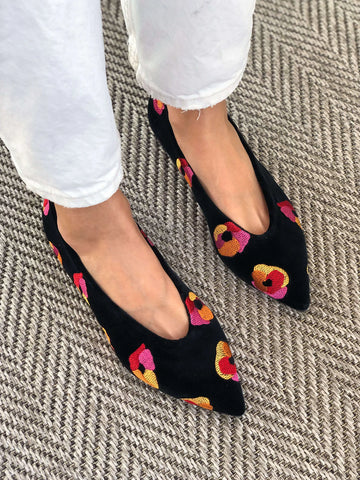
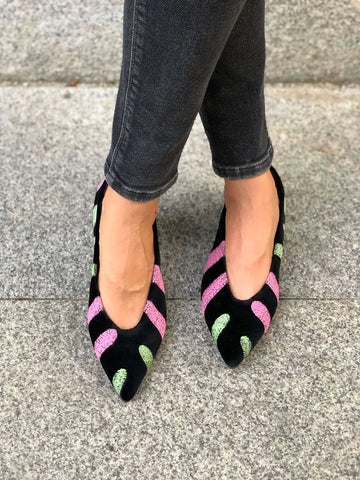


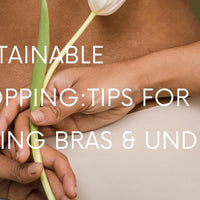
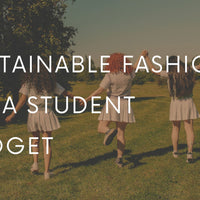
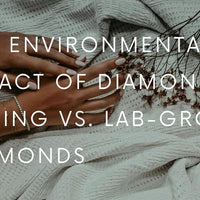


0 comments